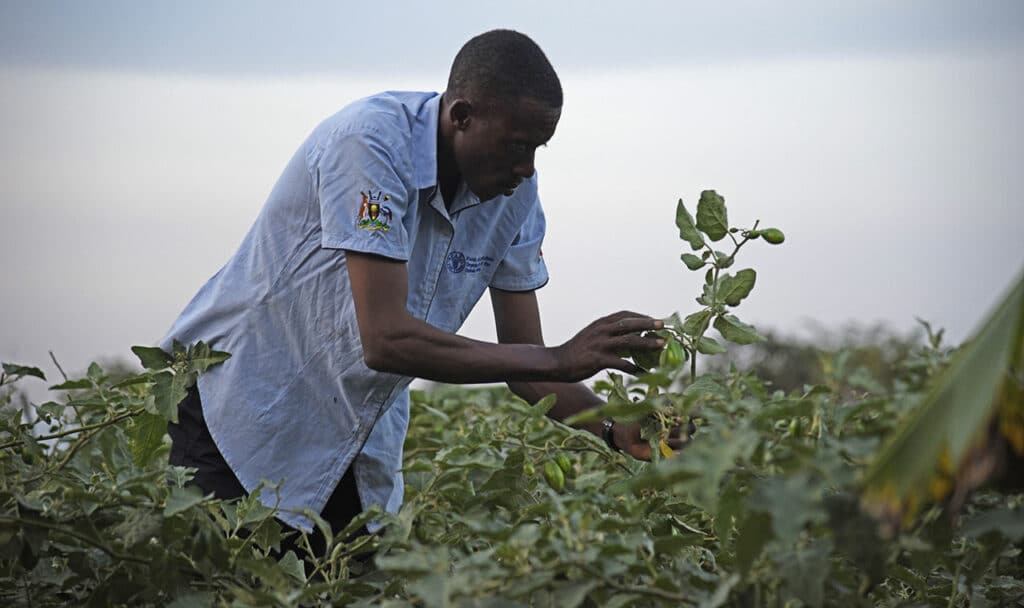The Quarterly Labour Force Survey conducted by Statistics South Africa showed a 3% y/y decline in agricultural employment in the first quarter of this year to 847 000 jobs, says Wandile Sihlobo, economist of Agbiz
The Quarterly Labour Force Survey conducted by Statistics South Africa showed a 3% y/y decline in agricultural employment in the first quarter of this year to 847 000 jobs (Chart 1). This was underpinned by a reduction in employment in the Western Cape, KwaZulu Natal, North West, Gauteng, Mpumalanga and Limpopo. Whilst understanding the reduction in employment for the Western Cape, in other provinces this came as a surprise considering that the weather conditions have been relatively favourable in the eastern parts of the country since the end of 2015/16 drought. The reduction in employment might be temporary, but it is worth highlighting that South Africa is still far behind its target of creating a million agricultural jobs by 2030 as envisaged in the National Development Plan. [1]
- The reduction in employment covered a number of provinces, but the case of the Western Cape province came as no surprise as the provincial government and the Bureau for Food and Agricultural Policy study already signalled a possibility of 30 230 agricultural job losses in the province this year due to drought. In the first quarter of 2018, the Western Cape’s agricultural employment declined by 3% y/y. With that said, the province remains a leading agricultural employer, accounting for a 25% share in the national agricultural labour market.
- Agricultural employment in KwaZulu Natal, Gauteng, Limpopo, North West and Mpumalanga provinces declined 19% y/y, 19% y/y, 7% y/y, 6% y/y and 3% y/y, respectively. Meanwhile, the Free State, Eastern and Northern Cape provinces saw job gains of 31% y/y, 4% y/y and 3% y/y, respectively (see Chart 2).
- In terms of sub-sector performance, the reduction in annual employment was recorded in almost all subsectors with the exception of forestry, logging and related services (see Chart 3).
Looking ahead – The effects of the Western Cape province’s drought combined with the reduced area plantings in the summer crop growing regions[2] of the country could potentially weaken the performance of the agricultural labour market in the coming quarters. In terms of policy development, the business sector has generally accepted the impending introduction of the National Minimum Wage, but it will affect some subsectors within the agricultural sector more than others depending on the labour intensity and average labour skill required. For example, the horticultural sector is one of the likely sub-sectors to be impacted by the introduction of the National Minimum Wage as it is labour intensive relative to other sub-sectors.
[1] See Chapter 6 of the National Development Plan: https://nationalplanningcommission.files.wordpress.com/2015/02/ndp-2030-our-future-make-it-work_0.pdf[2] Summer grain and oilseed harvest is estimated15.2 million tonnes, down by 21% from the previous season.
The South African Pork Producers’ Organisation (SAPPO) coordinates industry interventions and collaboratively manages risks in the value chain to enable the sustainability and profitability of pork producers in South Africa.
















